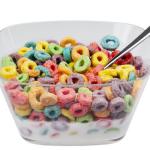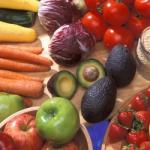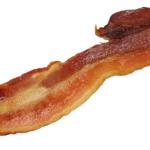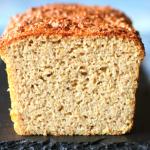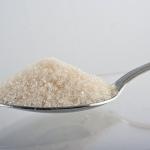Acai breakfast bowls are available in every trendy smoothie and juice bar, but if you haven’t partaken in this particular superfood fad yet, you haven’t missed out. Turns out acai bowls don’t actually make a healthy start to the day after all.
diet
JAMA reports a new study from the National Health and Nutrition Examination Survey (NHANES) looking at the changes in our national diet.
The multiplicity of diets and dietary recommendations is all we need to know about the status of our current nutritional beliefs.
Just about every health guru on the planet, as well as many respected science organizations, has their advice regarding purported inflammatory and anti-inflammatory foods and their purported role in the prevention or development of a myriad of dis
Another day, another report from epidemiologists on how what we eat kills us; today’s culprit, a perennial favorite, red and processed meat.
It's amazing what sort of nonsense shows up in your inbox every day. I always wonder who falls for this stuff, but it must be a substantial number of people. Otherwise, spammers wouldn't spam.
The FDA has delayed labeling of our foods “added sugar” content until 2020, a new paper in Circulation tallies the costs and benefits of the policy in general.
Type 2 diabetes is a growing problem, a complicated interaction of genetics, the gut microbiome, diet, and lifestyle.
Sometimes a study leaves you gobstruck – and not in a good way. An article in Circulation: Heart Failure looks at how dietary protein intake impacts the risk of heart failure.
A recent study shed light on something we've known for some time, but haven't quite lived by: Eating slowly could curb weight gain. Here's why this makes sense.
